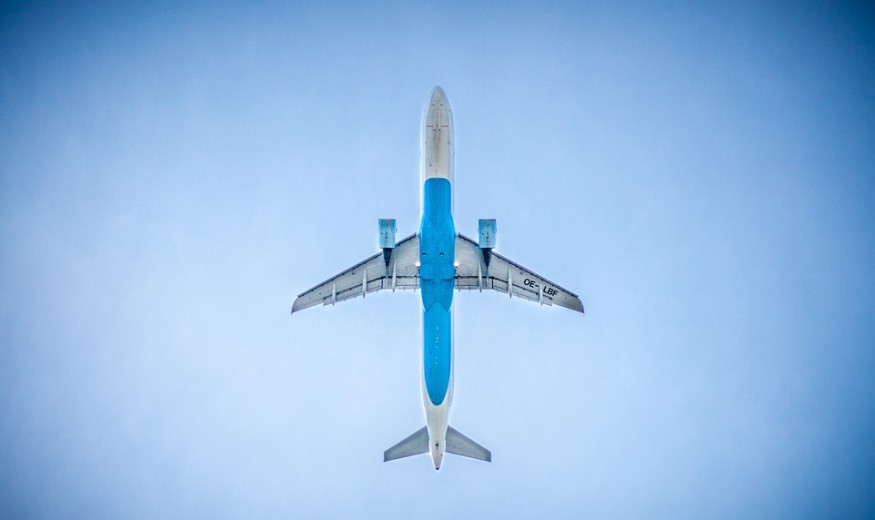
New large, fuel-efficient planes that could fly farther toward sustainability are seen as bright spots, according to aviation executives and analysts.
The National Business Aviation Association (NBAA) annual corporate aircraft show would be discussing factors seen in the increasing demand for corporate jets in the next two years, industry executives and analysts say.
Gaetan Handfield, senior manager of marketing analysis for Honeywell Aerospace, said in a Reuters news report that they have to be conscious of various factors in pursuing the aerospace industry.
What can we expect from the aviation industry to curb climate change?
According to the General Aviation Manufacturers Association (GAMA), there was a 13% increase in jet deliveries during the first half of 2019. The ramp-up of new models which offers better amenities, such as hot showers up to 40,000 feet, and fuel-efficient airplanes are fueling the demands among commercial airlines.
The business aviation outlook for Honeywell this year expects 7,600 new commercial airplane deliveries worth US$248 million between 2020 to 2029. Deliveries are likewise to increase by 7 percent in 2020.
Aviation analyst Rolland Vincent told Reuters that airplane manufacturers such as Embraer SA, Textron's Cessna, General Dynamics' Gulfstream, Dassault Aviation, and Bombardier saw their order backlog increased by seven percent during the first half of 2019.
Commercial airlines are eager to make non-stop long-haul trips between cities such as Tokyo and New York, hence, the need to purchase fuel-efficient jets on their end. A highly expected launch of Gulfstream's new long-range jet would be among the highlights for this year's NBAA aircraft show.
'CYCLICAL DECLINE'
Jet manufacturers are currently prioritizing creating fuel-efficient planes; they encouraged the use of sustainable fuels and carbon offsets while the aviation industry is being "flight shamed" by climate change activists. Jetmakers would be flying their aircraft to Las Vegas this Tuesday, Oct. 22, through biofuels. However, alternative kerosene use remains to be limited.
Analysts, however, remain cautious in doing steps in incorporating an environmentally sustainable market in an industry where sales are usually aligned with economic growth. The setback is because of the trade tensions between China and the United States, Brexit uncertainties, and slowing global economic growth.
Brian Foley, an aviation analyst, told Reuters that new jet deliveries would increase this year due to the number of products being introduced. However, he recognized that the manifestation of economic instability would mean a cyclical decline in jet manufacturing and deliveries in due time.
The analyst said the new sales would remain "roughly flat" next year. However, there would be a more flexible demand in 2021, which would make jet makers deliver fewer planes in 2022.
Brian Proctor, president of Dallas-based private jet consultancy Mente Group told Reuters that several buyers are taking advantage of favorable tax rules made by Trump's administration as sales of pre-owned jets are being brought.
Proctor, who is also the chairman of the International Aircraft Dealers Association, said buyers seem to be moving swiftly as they find the asset they are looking for. Vincent explained that the value of pre-owned commercial jets are usually reduced by 19 percent for the first eight months of 2019.
© 2025 NatureWorldNews.com All rights reserved. Do not reproduce without permission.





